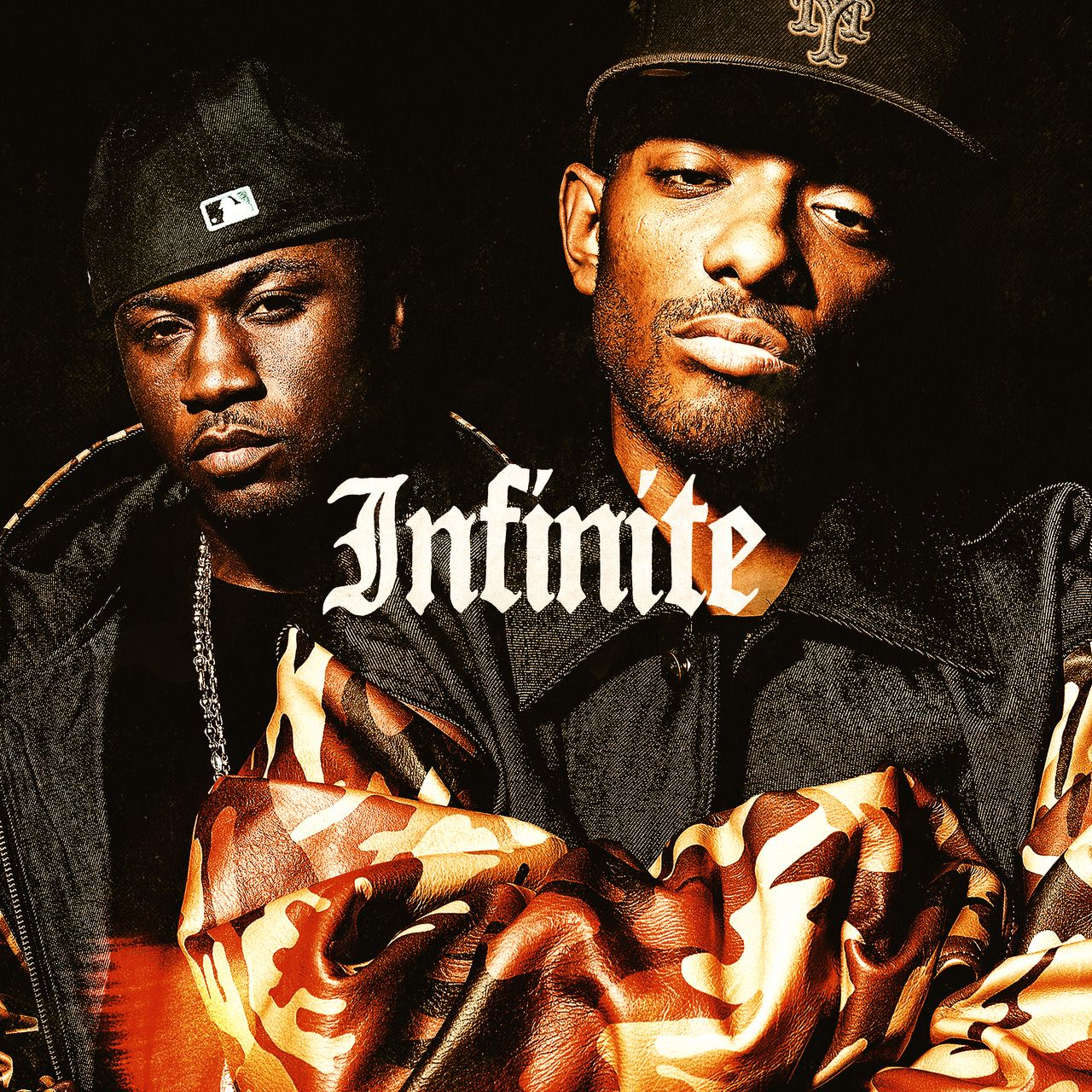During a 2008 interview, Prodigy of Mobb Deep was asked whether he feared death. Mortality nipped at P’s heels on every verse he rapped, and few could better elicit the chill that settles into your bones when life-or-death stakes loom over everything you do. Naturally, his answer reflected that steely resolve, forced onto him by the battlefields of Queensbridge: “Every day I wake up like, ‘This might be my last day, and I’m not scared of it.’ I’m never scared to bite my tongue about something, or to come out and speak about something. Like, I ain’t scared of death. What you gonna do to me?”
Nine years later, at age 42, he passed away in a tragic, oddly banal way: While on tour with bandmate Havoc in Las Vegas, he was hospitalized with complications from his lifelong struggle with sickle cell anemia; there, he choked while eating unsupervised and died. (His family later filed a wrongful death lawsuit with the hospital.)
Havoc spent years grieving the loss of his bandmate and brother-in-arms and juggled how, and whether, to pay musical tribute to him. “You wanna do something to send your comrade off with a 21-gun salute…because he deserves that,” he recently said during an appearance on the Bootleg Kev podcast. With help from longtime affiliate the Alchemist, Havoc put together Infinite, Mobb Deep’s ninth album and the latest in Mass Appeal’s Legend Has It series. It’s the first posthumous release of the bunch, which inevitably brings its own complications. But Infinite is as seamless as projects like this get. For better and for worse, it plays like an album the duo might’ve released after 2014’s largely forgettable double LP The Infamous Mobb Deep, an update to the pair’s trademark sinister sound with a few nagging modern flourishes.
